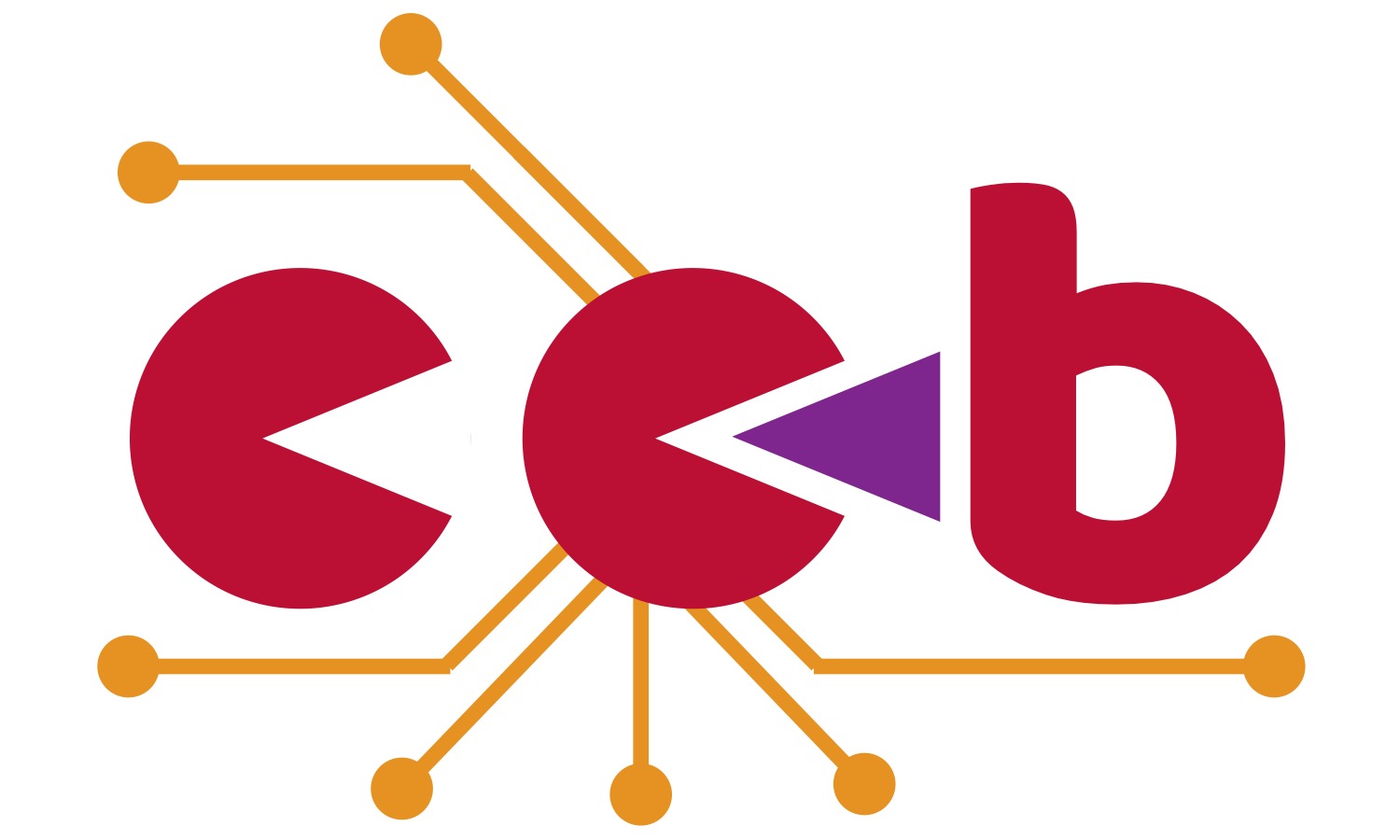
We are computational scientists who focus on chemical biology, the interactions between small molecules and biological macromolecules. We develop and apply new methods that may be helpful for structure-based drug design. The group is led by David Minh, an associate professor in chemistry.
One of our major efforts is to understand structural mechanisms of activation and to calculate the strength of signaling through seven transmembrane receptors (7TMRs), traditionally known as G protein coupled receptors (GPCRs), and other signaling proteins. We developed a method that combines physics-based molecular simulation with machine learning to identify intracellular pocket conformations and to compute signaling efficacy with an error of less than 20%. Based on this technology, some group members have started a company, Biagon Inc.
Another of our major research areas is implicit ligand theory (ILT), a theoretical framework for binding free energies which David derived in 2012. Most binding free energy calculations involve computationally expensive molecular simulations of flexible binding partners. David showed that, in theory, equally good results may be achieved by computing free energies between flexible ligands and multiple rigid receptor configurations.
Some of our achievements are described below.
Spectroscopic methods have shown that ligands perturb the equilibria of 7TMR intracellular pocket conformations, but the identity of these conformations has remained unclear. We have developed a method that combines molecular simulation and machine learning to identify conformations and their signaling efficacies.
Although it is well-known that ligands are polarized by proteins, the magnitude of this effect had not been quantified in many systems. We evaluated the ligand polarization energy for several hundred protein-ligand complexes and showed that it is a large and highly variable component of the binding energy.
The binding potential of mean force (BPMF), the binding free energy between a flexible ligand and a rigid receptor, is a critical ingredient for esimating binding free energies with implicit ligand theory. We have written software to precisely estimate this quantity and tested it on a diverse set of 85 protein-ligand complexes.
Although there are many ways to select representative snapshots from a molecular dynamics simulation to perform molecular docking, it has been unclear how to assess these methods. We pointed out that this procedure is an example of a statistical method, stratified sampling, and that the efficiency of stratification can be used to assess ensemble reduction methods.
We have identified the ubiquinone binding site in the bacterial ion pump NQR. This binding site is not obvious from the crystal structure. It is a possible target for structure-based drug design.
See article in IIT Today.
We have shown how to use constrained molecular dynamics, such as torsional dynamics, as a Monte Carlo move for molecular simulation. Previously, molecular simulations based on constrained dynamics would not sample from the appropriate distribution or not sample the entirely of configuration space.
See article in IIT Today.
This website contains information about: our research projects in signaling protein activation, fast binding free energy calculations, enhanced sampling methods, data analysis methods, and modeling metabolic enzymes from pathogenic bacteria; a complete list of our publications from the lab and David’s prior work; links to source code and data related to publications and classes; links to recommended software; a nascent scientific blog; some information about our members and alumni; some group photos; and finally information about visiting or joining the lab.
Our research has been supported by
Welcome to our RES-MATCH students Fatih and Fatimah!
August 12, 2025Congratulations to Talha for winning the Welcome Week Student Poster competition (Graduate)!
February 26, 2025Congratulations, Cookie, on your successful Ph.D. thesis defense!
September 16, 2024Welcome to our new AI & ML engineer Vigneshwaran!
September 4, 2024Welcome to our new student Michal!
August 14, 2024Congratulations to David for winning the Welcome Week Student Poster competition (Undergraduate)!
August 14, 2024Biagon Inc. featured in an Illinois Tech News Article and the IIT Research magazine.
June 24, 2024Welcome to our new student Talha!
April 25, 2024Congratulations to our Chemistry department awardees Ella (Kilpatrick Fellowship), David (Senior Undergraduate Award), and Joseph (Teaching Assistant)!
April 19, 2024Congratulations to the Biagon team, including David, Joseph, and Jim, for winning second prize in the Kaplan Pitch Tank!
April 16, 2024Congratulations on your Ph.D. thesis defense, Sophie!
January 2024Welcome new students Aiman and Brandon!
Fall 2023Welcome new students Anna, Beomjong, Luis, Poshan, Pranami, Urvi, and Ryan!
May 2, 2023Stanley featured in an Illinois Tech News Article.
April 27, 2023Congratulations, David, for winning the Kilpatrick Scholarship for the best undergraduate chemistry student.
April 27, 2023Congratulations, Stanley, for winning the Undergraduate Karl Menger Award for the best undergraduate applied mathematics student.
April 3, 2023Congratulations, Stanley, for being a awarded a fellowship by the NSF Graduate Research Fellowship Program!
January 9, 2023Welcome new students Barien, David, Kevin, and Thitipun!
August 19, 2022Congratulations, Stanley, for winning the Illinois Tech Outstanding Graduate Research Award from the College of Computing at the inaugural Illinois Tech Welcome Week Student Research Poster Day!
March 14, 2022We presented an international workshop on modeling biological macromolecules at Simon Bolivar University in Barranquilla, Colombia.
March 3, 2022Welcome to Qi, who is finishing up his Ph.D. with us.
January 10, 2021Welcome to Jennifier and Sivanujan, our new Ph.D. students!
August 20, 2021Congratulations, Ella, for being awarded the 2nd best chemistry poster at the Biology, Chemistry, Food Science and Nutrition, and Physics Departments Poster Day!
July 2, 2021We organized an international workshop on modeling biological macromolecules.
June 15, 2021David presents implicit ligand theory at the 2020 Workshop on Free Energy Methods in Drug Design.
December 7, 2020David presents implicit ligand theory for the Theoretical and Computational Biophysics Group at UIUC.
August 24, 2020Welcome to Jaycee, Joseph, Sophie, and Ella, our new Ph.D. students!
July 16, 2020Oscar Juarez, Karina Tuz, and David file a patent for CROWNase, a potential COVID-19 treatment. The technology transfer office has made a nonconfidential summary available.
June 1, 2020David designated as the inaugural Robert E. Frey, Jr. Term Chair in Chemistry.
April 6, 2020Congratulations, Jim, on passing your Ph.D. qualifying exam!